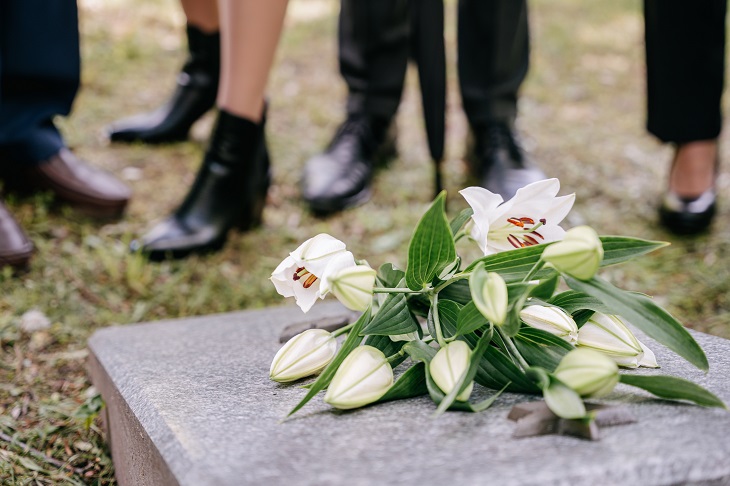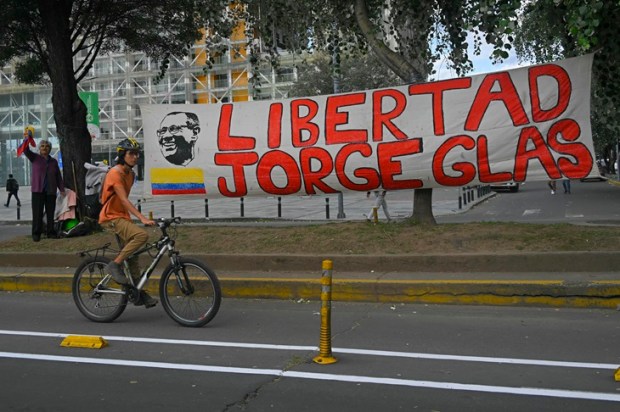Suicide was once illegal, and failed attempts frequently led to prosecution. In Medieval England, suicides were denied a Christian burial. Instead, they were carried to a crossroads in the dead of night and dumped in a pit, a wooden stake hammered through the body to pin it in place. There were no clergy or mourners, and no prayers were offered.
But punishment did not end with death. The deceased’s family was stripped of their belongings, which were handed to the Crown.
This remained the case until 1822. Michael MacDonald and Terence Murphy, in Sleepless Souls: Suicide in Early Modern England, wrote, ‘The suicide of an adult male could reduce his survivors to pauperism.’
This did not change because of a significant campaign for a change in suicide legislation. Instead, there was a gradual realisation that the laws of the day were at odds with society’s view, and that care, not prosecution, was needed.
Dr David Wright, co-author of the book Histories of Suicide: International Perspectives on Self-Destruction in the Modern World, says that, ‘From the middle of the eighteenth century to the mid-twentieth century there was growing tolerance and a softening of public attitudes towards suicide, which was a reflection of, among other things, the secularisation of society and the emergence of the medical profession.’
This freedom is now mostly well accepted. While suicide is often an occasion for sadness, there is also a recognition that people do not belong to their families or to the government. An individual may have good reasons to take his or her own life but even if they don’t, it is still their decision to make.
But until recently there was a catch: we were only permitted to die by our own hand, without assistance. If we were too weak or incapacitated to end our lives ourselves, we were condemned to suffer until nature took its course. Until Victoria introduced voluntary assisted dying legislation, which took effect in June 2019, it was a serious offence for anyone in the country to either help us die, at our instruction, or even to tell us how to do it for ourselves.
The other states have now each introduced similar legislation, with NSW the last. That leaves those in the ACT and Northern Territory as the only Australians unable to legally receive assistance to take their own life. That is also about to change.
Twenty-five years ago, the right to receive assistance die was removed from the ACT and NT. The Commonwealth Euthanasia Laws Act 1997, pushed through by Kevin Andrews, stripped the rights of residents and their elected governments in these territories to decide for themselves on the issue of assisted dying.
In 2015, I introduced a bill in the Senate to restore to the ACT and NT the right legislate on assisted suicide. It should have been relatively uncontroversial; surveys repeatedly show there is overwhelming public support for the right to receive assistance to die. Moreover, it was wrong for the territory legislatures to be denied the same powers as the states. Nonetheless, it took three years and much negotiation to achieve a vote. In the end it failed 36 to 34.
Four years later, in the final session of Parliament this year, the federal Parliament restored to the territories the right to legislate on assisted suicide.
Last week, Kevin Andrews argued that his bill protected the dignity of the human person. I would argue it did the exact opposite – there is absolutely no dignity in compelling those who would otherwise choose to end their own lives but are incapable of doing so, to live out the remainder of their lives in pain and helplessness. It is not only cruel and inhuman; it also encourages people to end their lives sooner than they would like.
There is no better marker of individual freedom than the ability to decide what to do with our own body. Denial of the right to die at a time of our choosing can result in a lingering, painful death. It is also at odds with the fact that we have both a fundamental and legal right to choose whether we wish to continue living. If the law prevents us from making free choices about it, then we are not really free at all; our bodies are not our own, but under the control of someone else who tells us what we cannot do with it. This is a power the state should not have.
Of course, those contemplating suicide should be made aware of the availability of palliative care to make their last days less agonising. Indeed, the decision to die, with or without assistance, should be rational and well-informed. And consent must be verified; it is essential to ensure the choice is made without coercion or pressure.
We endured many limits on our freedom during the Covid pandemic, with not all of them having been removed. Parliament’s decision to allow the ACT and NT to legislate on assisted suicide, while not related to Covid, is undoubtedly a step in the right direction.
Got something to add? Join the discussion and comment below.
Get 10 issues for just $10
Subscribe to The Spectator Australia today for the next 10 magazine issues, plus full online access, for just $10.


























Comments
Don't miss out
Join the conversation with other Spectator Australia readers. Subscribe to leave a comment.
SUBSCRIBEAlready a subscriber? Log in